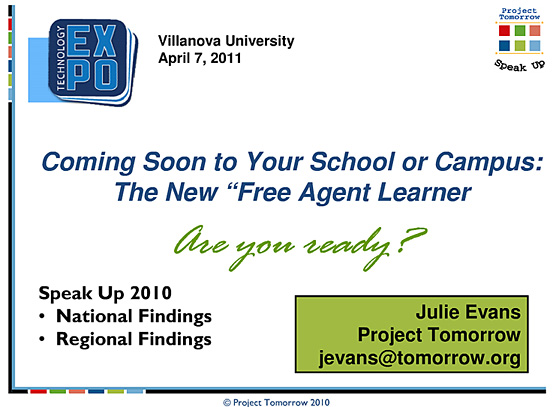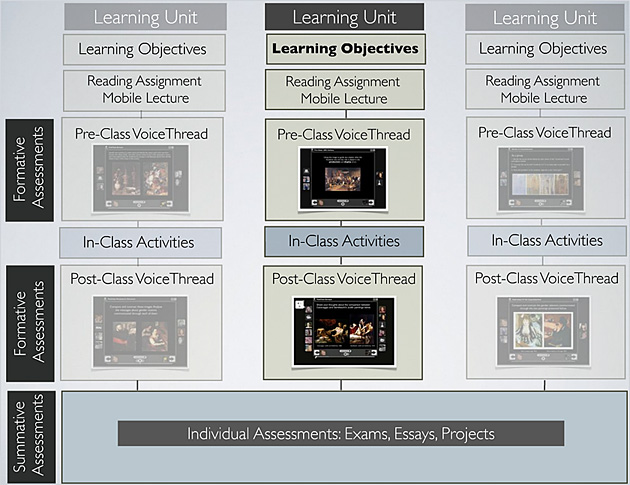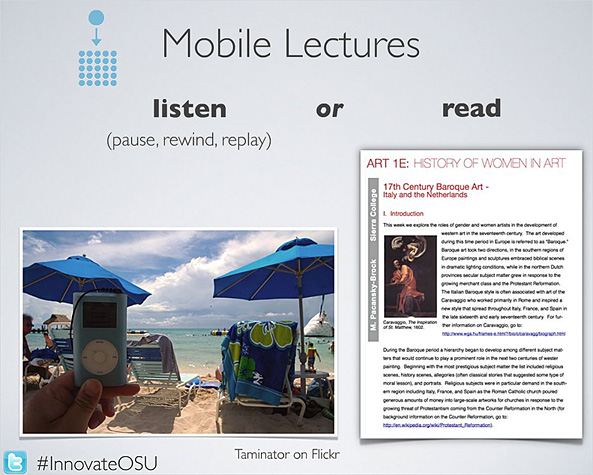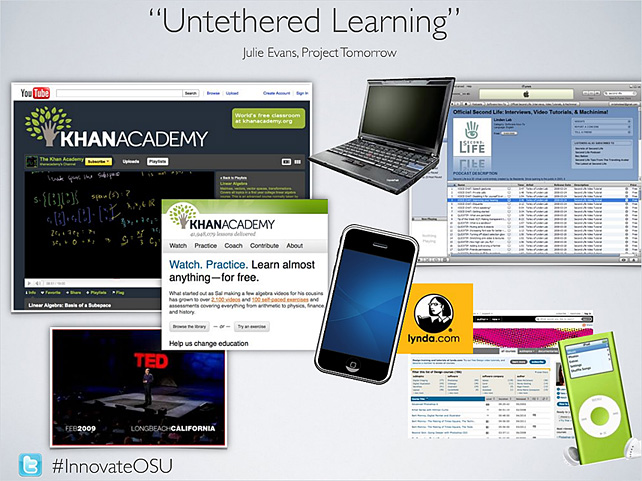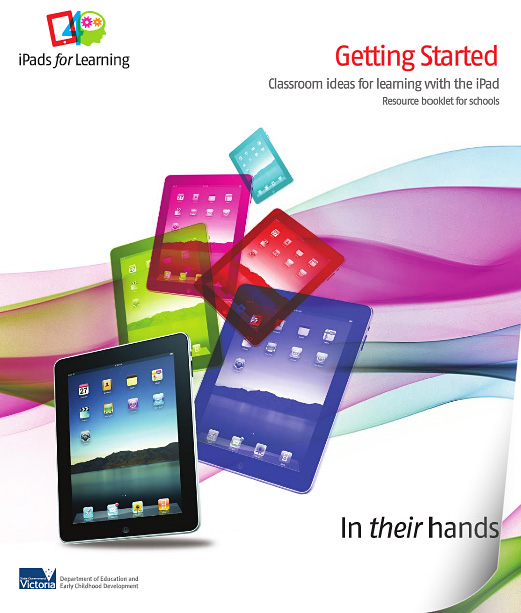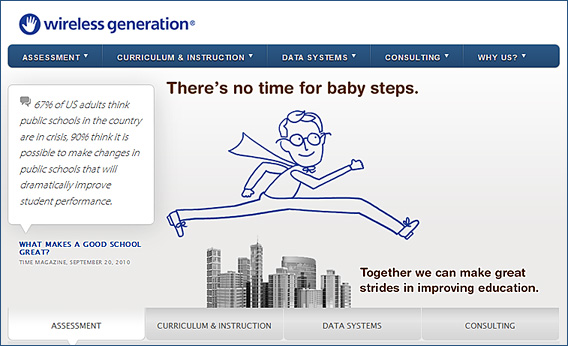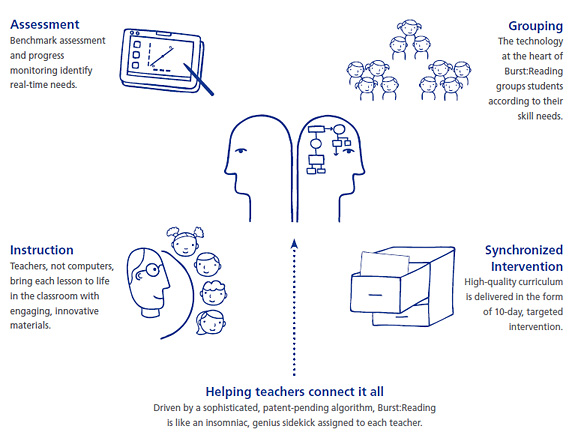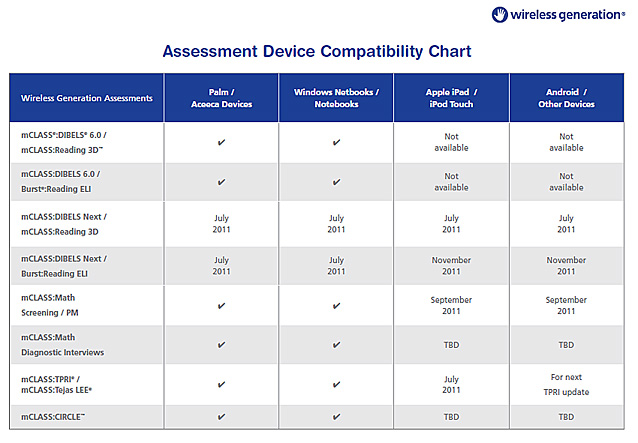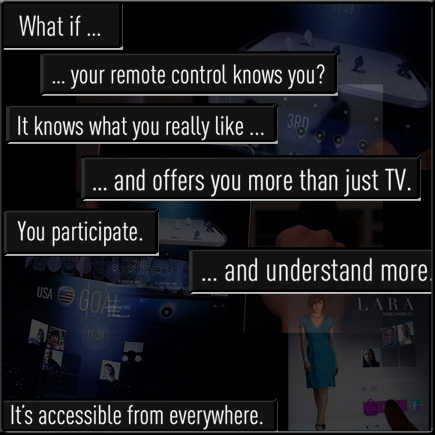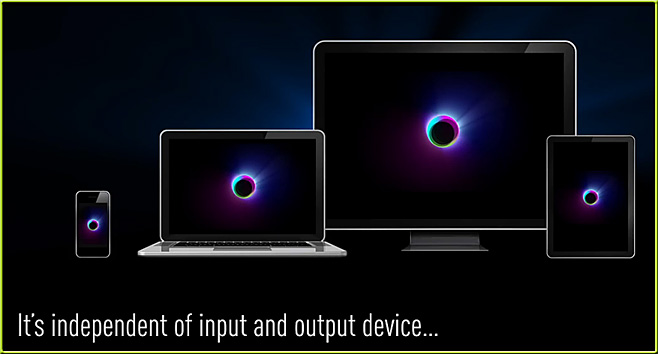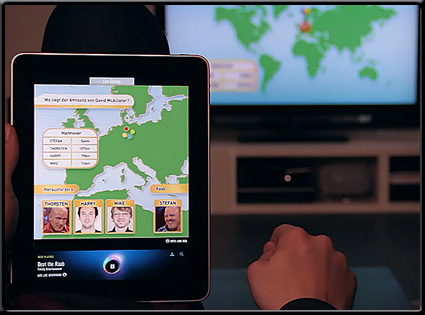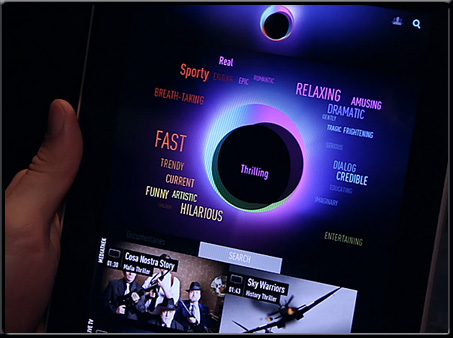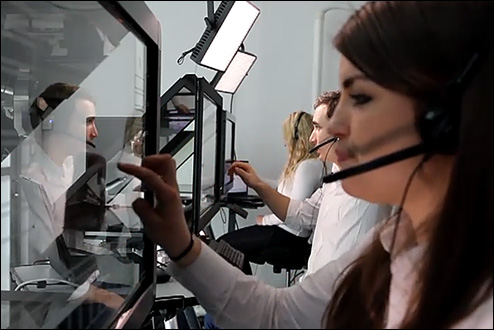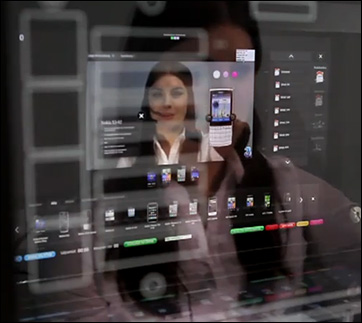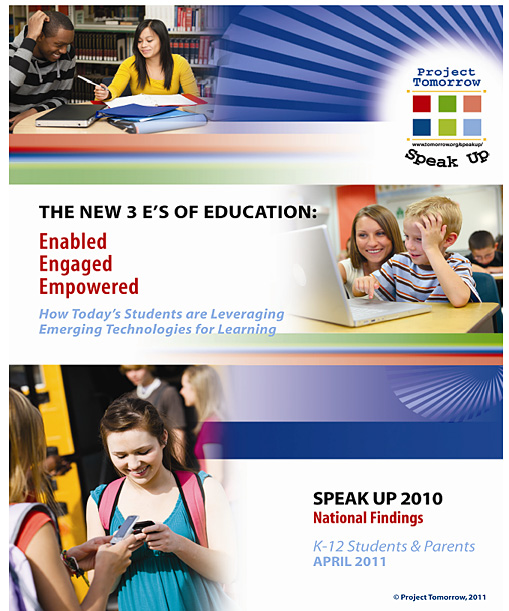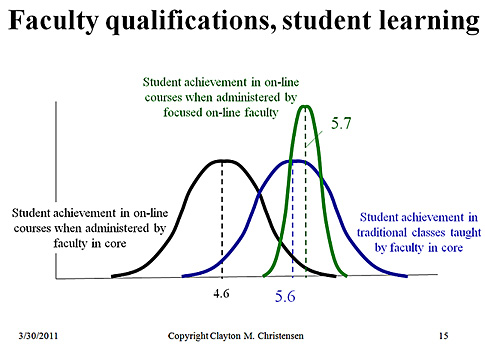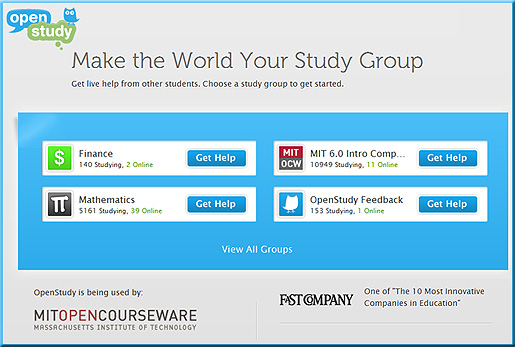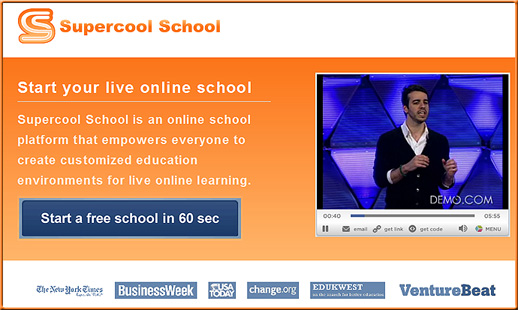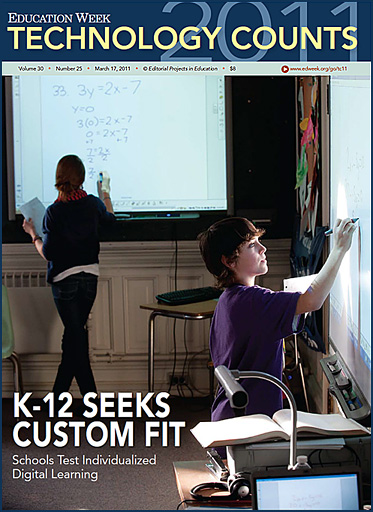From DSC:
I realize that many in education don’t view Bill and Melinda Gates with a great deal of admiration or respect. However, they and their foundation are about to make a hugely positive difference in — and contribution to — education. I’m sure that these grants will help create solutions that will feature professionally-done, highly-engaging, interactive, multimedia-based, team-created educational content. I hope that many of the solutions will feature sophisticated back-end engines that will allow for highly personalized/customized learning.
This is huge because such solutions are highly scalable. Plus look at who is involved at this point:
- Pearson
- Educurious Partners
- Florida Virtual School
- Institute of Play
- Reasoning Mind
- Quest Atlantis
- Digital Youth Network
- EDUCAUSE
Also see:
- Gates Foundation announces portfolio of innovative grants to develop new teaching and learning tools that support teachers and help students — from the Gates Foundation
Adaptable resources will provide teachers with helpful tools to differentiate instruction and prepare all students to meet the Common Core State Standards
Also see:
- Cutting-edge tools to help teachers in the classroom
- Gates Foundation invests $20 million in digital courses, game-based learning
Five steps for implementing a successful 1:1 environment — from Edutopia.org by Andrew Marcinek
Daniel Christian:
A Vision of Our Future Learning Ecosystems
In the near future, as the computer, the television, the telephone (and more) continues to converge, we will most likely enjoy even more powerful capabilities to conveniently create and share our content as well as participate in a global learning ecosystem — whether that be from within our homes and/or from within our schools, colleges, universities and businesses throughout the world.
We will be teachers and students at the same time — even within the same hour — with online-based learning exchanges taking place all over the virtual and physical world. Subject Matter Experts (SME’s) — in the form of online-based tutors, instructors, teachers, and professors — will be available on demand. Even more powerful/accurate/helpful learning engines will be involved behind the scenes in delivering up personalized, customized learning — available 24x7x365. Cloud-based learner profiles may enter the equation as well.
The chances for creativity, innovation, and entrepreneurship that are coming will be mind-blowing! What employers will be looking for — and where they can look for it — may change as well.
What we know today as the “television” will most likely play a significant role in this learning ecosystem of the future. But it won’t be like the TV we’ve come to know. It will be much more interactive and will be aware of who is using it — and what that person is interested in learning about. Technologies/applications like Apple’s AirPlay will become more standard, allowing a person to move from device to device without missing a beat. Transmedia storytellers will thrive in this environment!
Much of the professionally done content will be created by teams of specialists, including the publishers of educational content, and the in-house teams of specialists within colleges, universities, and corporations around the globe. Perhaps consortiums of colleges/universities will each contribute some of the content — more readily accepting previous coursework that was delivered via their consortium’s membership.
An additional thought regarding higher education and K-12 and their Smart Classrooms/Spaces:
For input devices…
The “chalkboards” of the future may be transparent, or they may be on top of a drawing board-sized table or they may be tablet-based. But whatever form they take and whatever is displayed upon them, the ability to annotate will be there; with the resulting graphics saved and instantly distributed. (Eventually, we may get to voice-controlled Smart Classrooms, but we have a ways to go in that area…)
Below are some of the graphics that capture a bit of what I’m seeing in my mind…and in our futures.
Alternatively available as a PowerPoint Presentation (audio forthcoming in a future version)
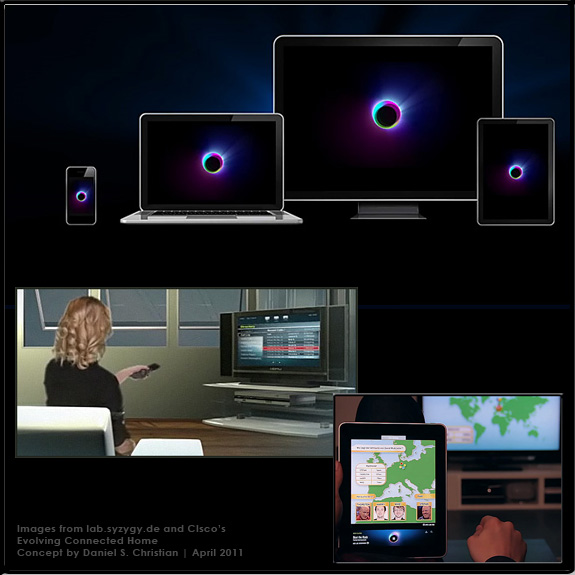
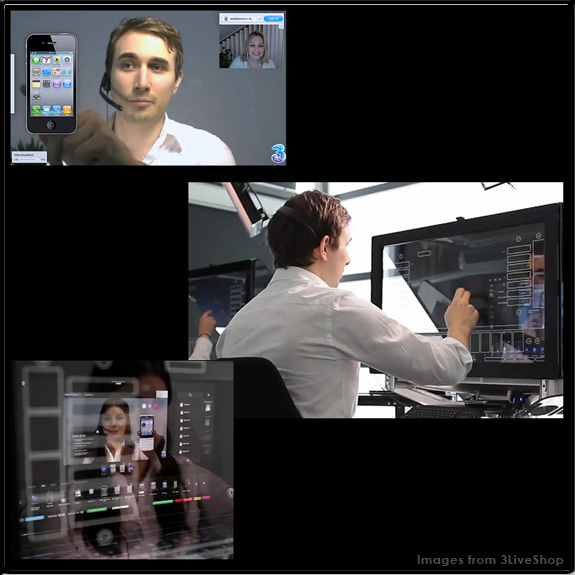
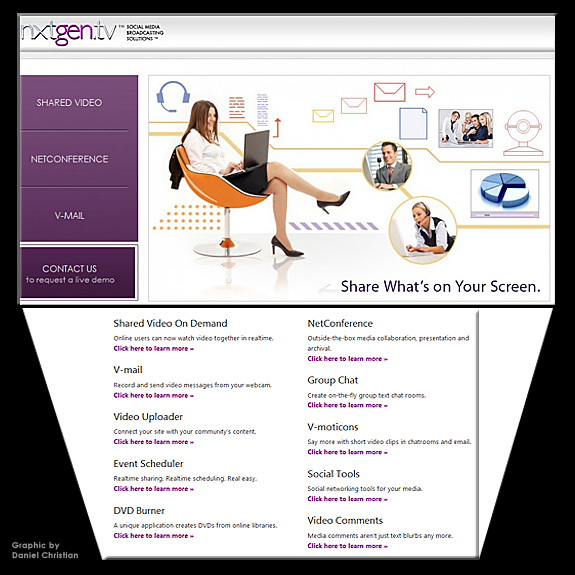
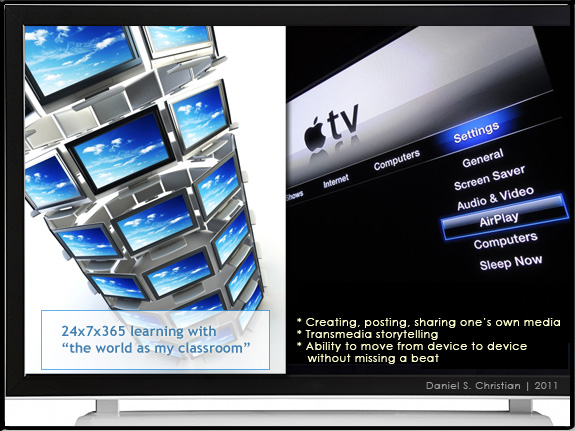
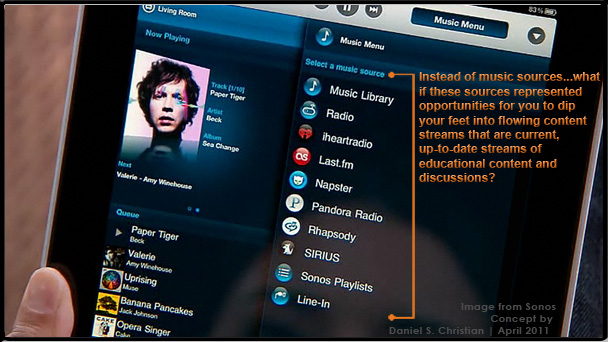
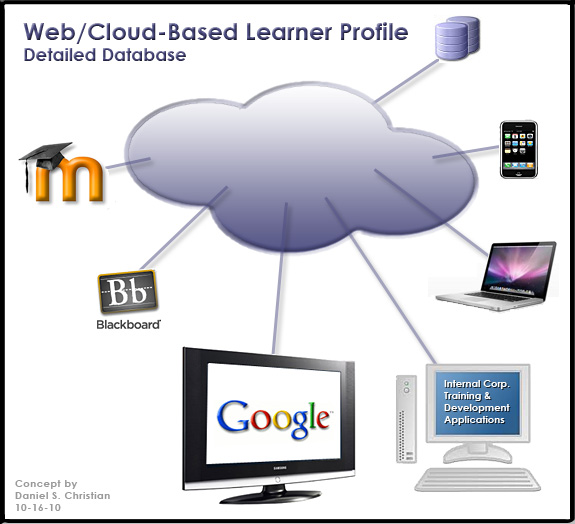


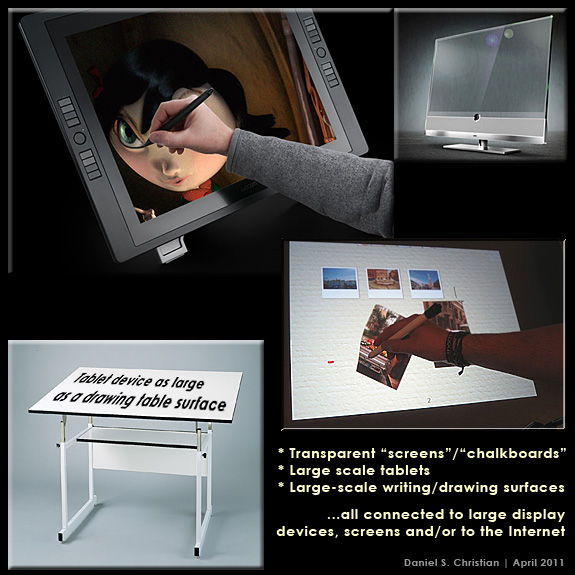

— from Daniel S. Christian | April 2011
- Hunch brings predictions to Internet TV — from ReadWriteWeb.com by Mike Melanson
- Group video calling comes to iPhone & Android in Fring beta test – from Mashable.com by Jennifer Van Grove
- State of the Art Tutoring is Going Online — from chatam.patch.com by K.F. Rogers (originally saw at Ray Schroeder’s blog)
- Storytelling: Video games’ next killer app — from CNN.com by Scott Steinberg
- YouTube finally launches live streaming portal to select partners — from ReadWriteWeb.com by Marshall Kirkpatrick
- The art of immersion, digital storytelling and transmedia — from Six Pixels of Separation
- Reversing course, U. of California to borrow millions for online classes — from The Chronicle by Josh Keller
- Non-stop Learning Futures conference spans three time zones to mirror demands of 24/7 global society — from 24dash.com
- Call for presentations: Online learning, teaching, and research in the new media ecology — from Ray Schroeder and the Sloan Consortium
…It is clear that we are in the midst of rapid and ongoing changes in the way that we communicate and represent ideas and these changes have profound consequence for how we know, learn, think, and teach in higher education and beyond. The dizzying pace of change is highlighted by the fact that even the relatively new conventions of online education associated with asynchronous learning networks are being challenged by emerging means of access, such as mobile and cloud computing, new forms of communication, such as video streaming and instant messaging, as well as the innovative modes of participation represented in social media.
Addendum on 4-14-11:
- Surprise! Online TV is billion-dollar biz — from cnn.com
DreamBox Learning (http://www.dreambox.com), the leading adaptive learning company, today announced that its President and Chief Executive Officer, Jessie Woolley-Wilson, will speak at the Arizona State (ASU) Education Innovation Summit about the positive impact of intelligent adaptive technology in the classroom. The panel session — Is Farmville the Future of Learning? Games, Social Platforms, Adaptive Technology – will be held on Wednesday, April 6 at 1:15 p.m. at SkySong, the ASU Innovation Center in Scottsdale. The full Education Innovation Summit runs from April 5-7.
“The ASU Education Innovation Summit provides a platform for education and technology trailblazers to come together in a think tank environment to share ideas about how to ensure that our kids, teachers and school administrators have the critical tools to achieve academic greatness,” said Jessie Woolley-Wilson, President and CEO of DreamBox Learning. “I’m very excited to join respected industry colleagues to discuss how intelligent adaptive learning technology, social platforms, and gaming principles are collectively having a transformative impact on our education system and future generations of learners.”
Ms. Woolley-Wilson will share insights on the evolving adaptive learning sector as well as showcase how DreamBox Learning’s intelligent adaptive learning platform is leading the transformation, helping kids at any skill level achieve math proficiency.
Swedish Online Store Features Live, Interactive Salespeople [VIDEO] — from Mashable.com
Excerpt:
Swedish telecom company 3 Sweden has bridged the gap between Internet commerce and brick and mortar with 3LiveShop. The new site features employees interacting with customers, live, over videoscreens. As the video above shows, the Chatroulette-like site was made possible with custom-built touchscreens that look like they’re right out of The Minority Report. Using the screens, the online salespeople are able to bring up images of phones the company sells and field questions about them.
Questions/reflections from DSC:
If this does turn out to be the case:
- Should students have a solid comfort level with technology in order to be marketable in the future?
- What changes do we need to make to our curriculums — at all levels — to insure their success in this type of world?
- Will this setup be similar for the online teachers/professors out there?
- Will this type of setup lead to incredible levels of individualized attention? Or will such services only be for people who can afford this level of personalized attention?
- What changes will the corporate world need to make to incorporate this type of channel?
- Will this offer 24x7x365 access, with certain call centers either online 24 hours a day, or different call centers spread throughout the world coming online and offline in synch w/ each other?
Also see:
- The New 3 E’s of Education: Enabled, Engaged and Empowered
How Today’s Students are Leveraging Emerging Technologies for Learning - What Do Kids Say Is The Biggest Obstacle To Technology At School? — from ReadWriteWeb.com by Audrey Watters
From DSC:
The first article/item I want to comment on is:
A Potential Market for Courseware Developers — from Brandon-Hall.com by Richard Nantel
First of all, thanks Richard for tackling this subject and for putting a posting out there regarding it. For years, I’ve wondered what the best way(s) is(are) to pursue the creation of professionally-done, interactive, personalized/customized, multimedia-based, engaging content. It is expensive to create well-done materials and/or the learning engines behind these materials. Also, as at the faith-based college where I work, some colleges would want a very specific kind of content or take a different slant on presenting the content. So the content would have to be modified — which would have an associated cost to it.
Some options that I’ve thought of:
- Outsource the content creation to a team of specialists — at educationally-focused publishing companies out there
- Outsource the content creation to a team of specialists — at other solution providers focused on education
- Develop the content in-house with a team of specialists
- Don’t create content at all, but rather steer people to the streams of content that are already flowing out there. Some content may be changing so fast that it may not be worth the expense to create it.
- Have students create the content — that’s what school becomes. Learning enough to create/teach the content to others. (This would require a great deal of cross-disciplinary collaboration and cooperation amongst faculty members.)
As a relevant aside, I have held that if an organization could raise the capital and the teams to develop this type of engaging, professionally-done content — and scale the solution — they could become the Forthcoming Walmart of Education. The attractive piece of this for families/students out there would be that this type of education will come at a 50%+ discount.
The second article/item that caused some additional reflection here was the article at The Chronicle of Higher Education by Marc Parry entitled, “Think You’ll Make Big Bucks in Online Ed? Not So Fast, Experts Say”
What if the United States could reallocate even the cost of 1-2 high-end planes in the United States Air Force? Our nation could create stunning, engaging content that could reach millions of people on any given subject — as online learning has the potential to be highly scalable (though I realize that much of this depends upon how much involvement an organization wants to integrate into the delivery/teaching of this content in terms of their instructors’/professors’ time).
Anyway, Marc highlights some important points — that creating content, marketing that content, etc. can be expensive.
But I have it that if you don’t get into this online learning game, you won’t be relevant in the years to come. People want convenience and students’ expectations will continue to rise — wanting to learn on their own pace, per their own schedule, from any place and on any device; finally, they will want to have more opportunities to participate/collaborate/control their own learning experiences. (And this doesn’t even touch upon whether it will become even more difficult to get through “the gate” — that is, getting the student’s attention in order to make it into their short-term memory, in hopes of then moving the lesson/information into long-term memory.)
Does online education put traditional universities at a ‘grave risk’? — from eCampusNews.com by Denny
An expert on ‘disruptive innovation’ says ed tech could change the way powerhouse universities operate
Excerpt from article:
Christensen, a Harvard Business School professor and author of The Innovator’s Dilemma and The Innovator’s Prescription, delivered the keynote address to an audience of higher-education officials March 7 at the American Council on Education’s Annual Meeting in Washington, D.C.
Christensen outlined the ways upstart, innovative businesses have toppled the giants of industry—such as Toyota’s rise coinciding with American automakers’ downfall—and how that model might translate to colleges and universities.
While online college classes have grown more available and affordable over the past decade, Christensen said a major shift had not yet occurred in higher education. Not until online learning grew in popularity was higher education even “amenable” to a major “disruption,” he said.
“When technology gets good enough, it sucks customers out of the old into the new,” he said, referring to institutions that have specialized in online learning, rather than traditional schools that have slowly adopted online college classes. “It doesn’t work the other way around.”
That move away from traditional powerhouses of education, he said, likely would happen in the next 20 years, and elite schools should be prepared.
…
National data support Christensen’s warning to traditional universities. Online student enrollment increased by 21 percent in 2010, according to the annual Sloan Survey of Online Learning. Overall, higher-education enrollment grew by 2 percent.
The survey of more than 2,500 colleges and universities showed online college classes gained 1 million students from 2009. More than 5.6 million students were enrolled in at least one web-based class in the fall 2009 semester.
Some example items from Christensen’s and Cizik’s keynote presentation:
The Innovative University: Changing the DNA of Higher Education From the Inside Out
- Clayton M. Christensen, Robert and Jane Cizik Professor of Business Administration, Harvard Business School:
Also relevant/see:
EdWeek’s 2011 Technology Counts — from The Future of Education by Jesse Moyer
Also see the report at:









